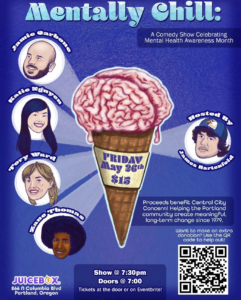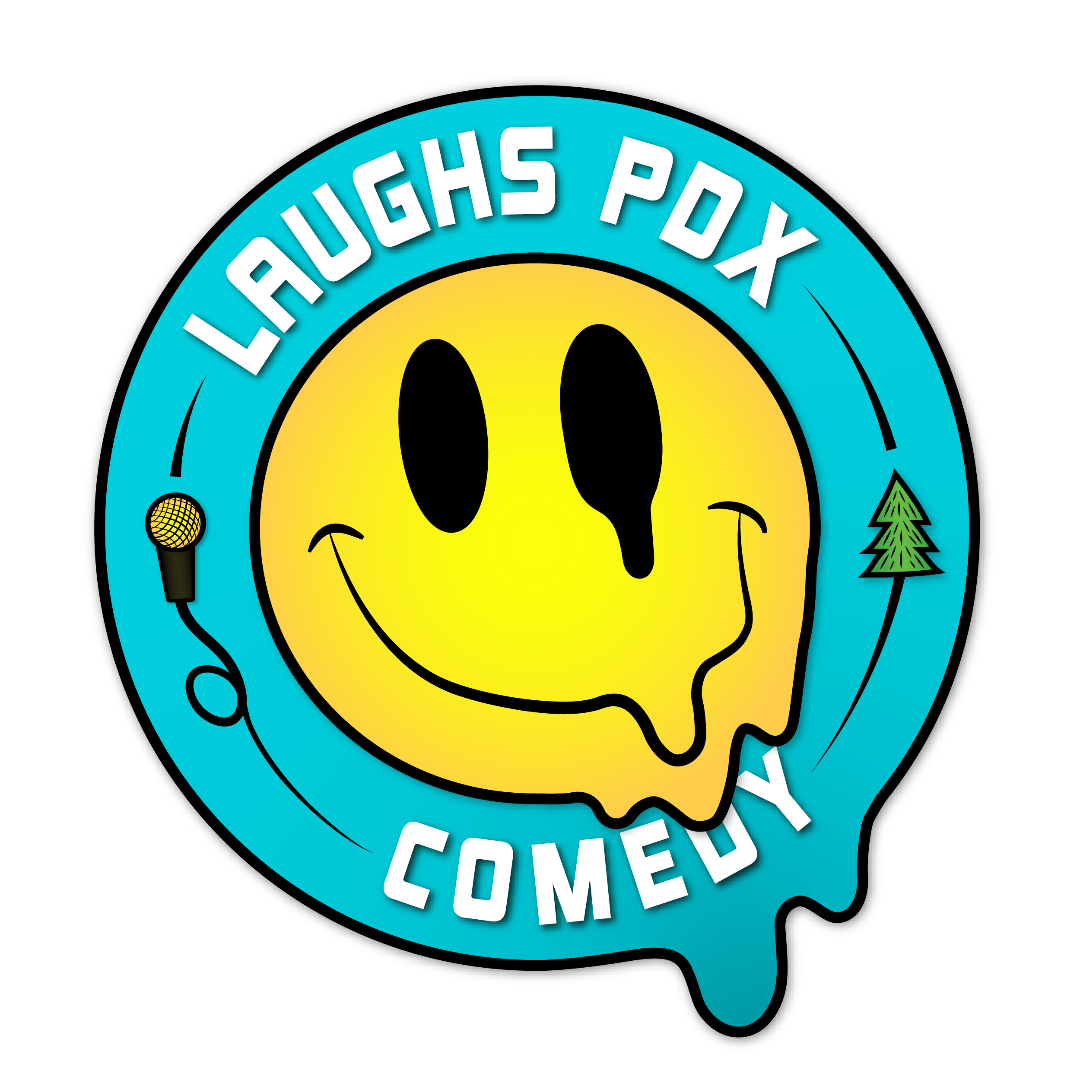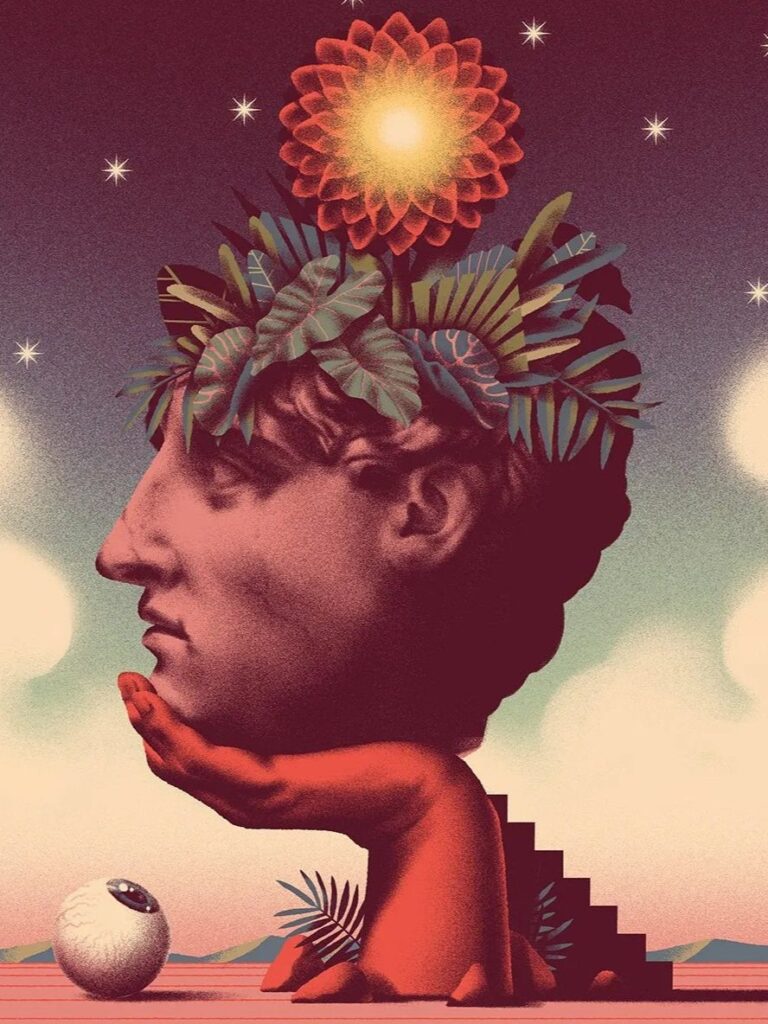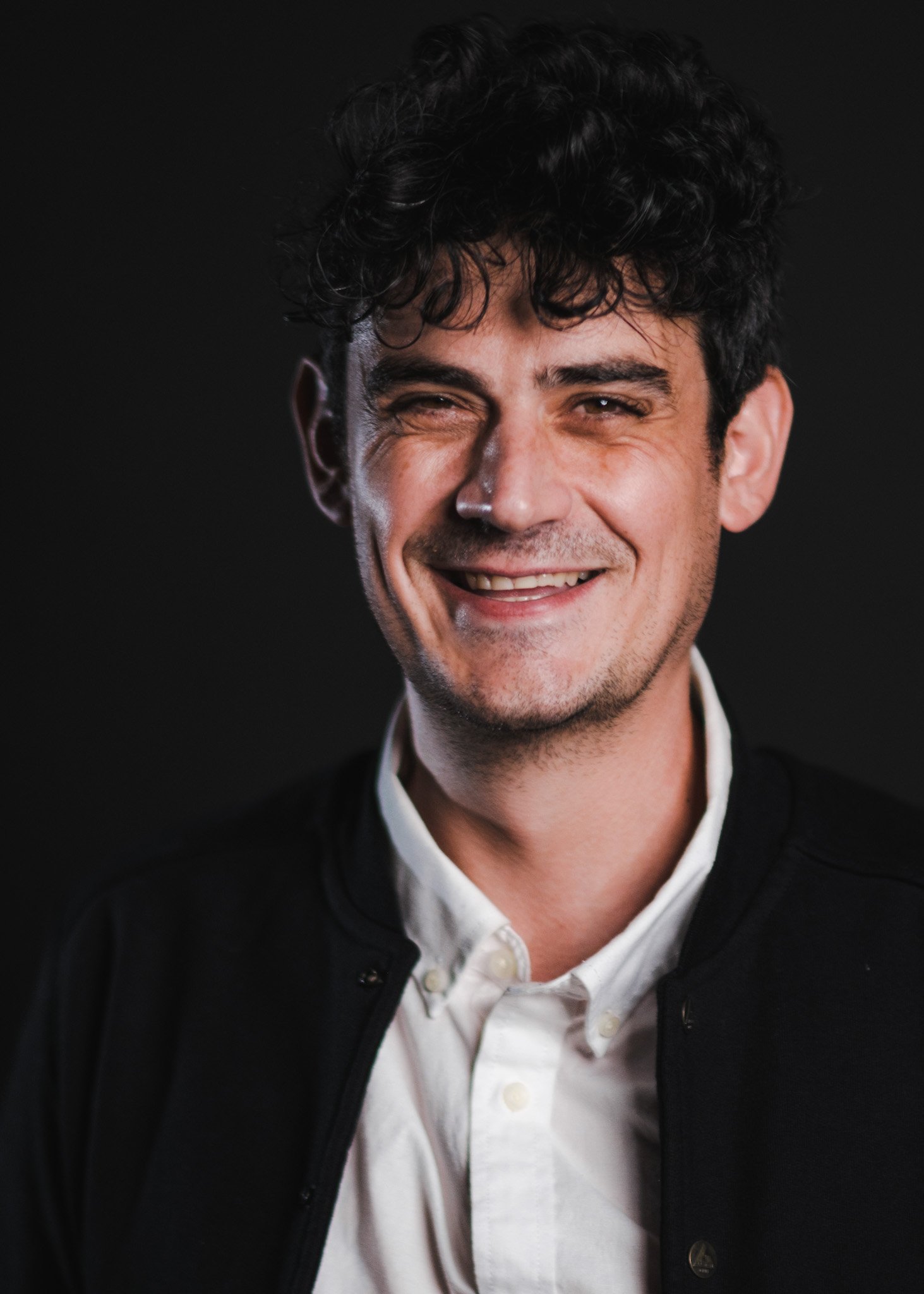This is a harder thing for me to write about than I thought it would be…
Maybe it’s because I feel like shit right now, or maybe because I’m worried this will sound preachy;
When ultimately it’s about what’s worked for me.
I live with bipolar disorder, and after opening up about that my inbox became flooded with messages. Some express gratitude — That they feel seen and heard. Some people asked questions as to how I’m managing it because they deal with a similar struggle. While I respond and feel like I’m doing something positive, I don’t like talking about it.
I don’t like living with a mental illness.
I hate admitting this is something I’ll never be able to “beat.” I hate knowing my best days get better, but ultimately my worst days can get worse. Fortunately I have grown to communicate my needs with doctors, therapists, friends and family, but at no point will one tool I use be enough.
It takes a structured lifestyle, medications, and sure, some creative expression can help.
I’ve loved comedy long before I ever knew I would be diagnosed with BP, and did comedy for most of my 20’s before letting others know it’s something I live with. My first open mic came just weeks after my second trip to a psych ward. I read one liner’s off of a clipboard, my mom picked me up (I wasn’t allowed to drive), and I wondered if anyone who watched me knew I was crazy. 10 years later I get back in my own car, take a deep breath, and good set or bad- I wonder if anyone back there knows that I’m crazy.
If I use comedy as a tool to manage my mental health I will feel worse. It’s not for that.
Comedy can help me stay present, it can help me laugh with people, relate to other artists, feel support from a community, but it cannot and will not ever be responsible for managing any aspect of my mental health. I do however believe that good comedy can be a byproduct of intensive time spent trying to heal yourself.
Sure, many comics are self destructive, there’s still an element of effort taking place in each moment you try to snort/smoke/drink some peace into your life. Same with the other side in AA/therapy/yoga/whatever. Consider yourself lucky if you’ve been able to play for both teams.
That’s a lot of intensive time trying to figure yourself out that not everyone gets…
The stage can be a home for the events on those journeys, but it’s also a home for jokes. “Comedy is not therapy,” and thank god it’s not. Something we’ve all seen at open mics is someone opening up about mental health- this might be someone not only new to comedy, but also new to working on a painful aspect of their life. While that’s not my favorite performance, it’s impactful to feel safe in those moments opening up.
Some of my favorite seasoned comedians open up about mental health and it’s a different experience. The cadence is there, the jokes hit hard, and it’s about self-expression, but also inviting people to laugh whether or not they relate. That’s difficult to do, and I have forced audiences to go on many journeys they don’t want to go on, but studying the difference has been extremely helpful for me.
As I mentioned, my mental health is raw. I tried to do too much this week and wound up in LA after what I can only describe as an unnecessary flight. My travels started great with a road trip back home to Northern California including 6 shows there, then 4 more back in Portland, then flying to LA after just three hours of sleep on a Friday night. It’s hard for me to realize a good feeling can’t continue forever, and this is a great example of overdoing it.
It’s hard for me to see these stop signs:
“I’ve done too much comedy, I need to relax.”
AND, “I’m not doing enough comedy, I still need to relax.”
I often overlook the first one because I’ve usually managed to unlock some joy by performing and being around my peers that I’m not ready to take a break from. The second scenario I’ve been able to come to terms with. I used to try and force myself to perform, when sitting out an extra night or 2 without even thinking about comedy is probably the best option.
Basically for me it looks like this:
Manic? Take a break.
Depressed? Take a break.
There’s always relief in eventually doing comedy after some time off,
regardless of where my emotions sit.
My jokes about depression usually go a little better if I’m not actually depressed. They just seem to come from a more secure place. Talking about mania on stage is different, I’m not open about that as often. People have asked how I manage my comedy if I’m feeling manic, and it comes with a simple checklist.
Have I been sleeping? Eating? Able to meditate? Is my sobriety in check?
Usually if I’m doing these things I’m not executing impatient ideas or being careless with confidence.
Mania is a particularly odd one for me though, because I like feeling excited and confident — it’s a nice break from bitterness and unworthiness. However, it has been really dangerous for me in early diagnosis when undetected.
The last thing I’ll write about is community:
It’s an extremely profound piece of my mental health I didn’t grasp until being more transparent. Community is a powerful, supportive, unrelenting aspect of mental health never to be taken for granted. If I’ve ever thought otherwise, it’s probably from staring at instagram and dwelling on what shows I’m not booking. To have had the honor of people around me watching me grow, struggle, cry, emote, excite, and love with such intensity is unlike anything I’ve ever experienced. It bewilders me to think about all the jobs I’ve had where my bosses and coworkers have no idea what I’m struggling with, and yet there are hundreds of open-micers that know I’m a fucked off bipolar alcoholic digging for my next 5 minutes just like them.

Mentally Chill is a comedy show celebrating Mental Health Awareness month on Friday, May 26th at Juicebox (866 N. Columbia Blvd., PDX)
Show is at 7:30, tickets are $15 – Proceeds benefit Central City Concern, helping the Portland community create meaningful, long-term change since 1979.
Huge thanks to @ajamiecarbone @toryleeward @ktnuggin @itszanethomas. Art by @flickingjane.
The signs of struggle aren’t always obvious.
If you feel harmful to yourself or others, please:
Call or Text 988
Central City Concern
Cascadia Behavioral Health Clinic
To book a mental health appointment, please call us at (971) 361-7888



